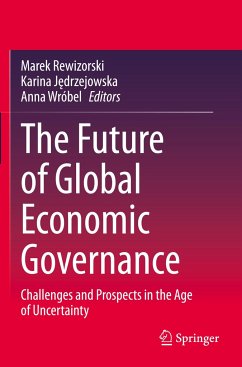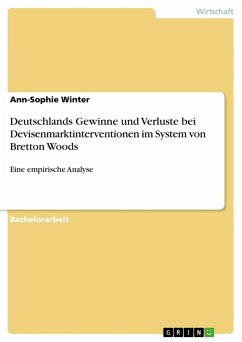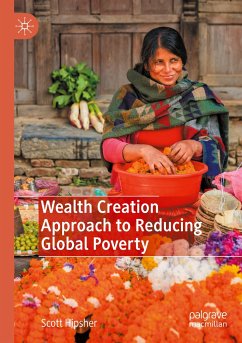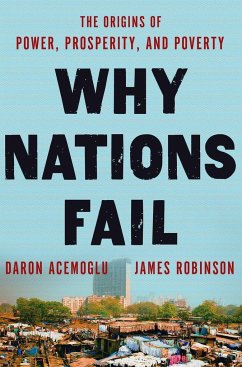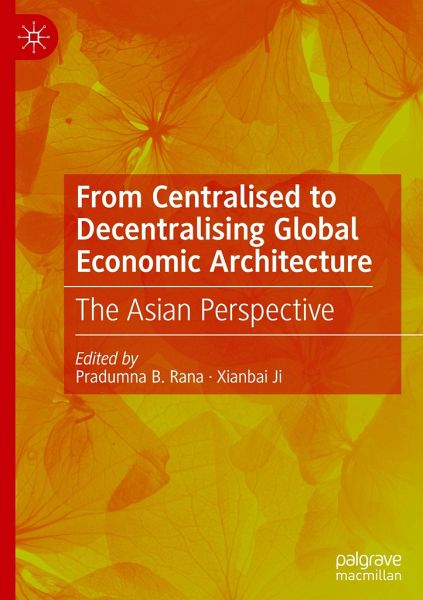
From Centralised to Decentralising Global Economic Architecture
The Asian Perspective
Herausgegeben: Rana, Pradumna B.; Ji, Xianbai

PAYBACK Punkte
42 °P sammeln!
This book focuses on the recent rise of new regional economic institutions such as the Chiang Mai Initiative Multilateralisation, the Asian Infrastructure Investment Bank, and the Regional Comprehensive Economic Partnership, which were established, in part, as a result of dissatisfaction of dynamic emerging markets with global economic institutions such as the IMF, the World Bank, and the GATT/WTO. The latter were formed by advanced economies in the West, after the historic Bretton Wood Conference of 1944.In doing so, the book addresses how this recent round of decentralisation, defined as the...
This book focuses on the recent rise of new regional economic institutions such as the Chiang Mai Initiative Multilateralisation, the Asian Infrastructure Investment Bank, and the Regional Comprehensive Economic Partnership, which were established, in part, as a result of dissatisfaction of dynamic emerging markets with global economic institutions such as the IMF, the World Bank, and the GATT/WTO. The latter were formed by advanced economies in the West, after the historic Bretton Wood Conference of 1944.
In doing so, the book addresses how this recent round of decentralisation, defined as the co-existence of "senior" global institutions and a plethora of newly-established regional institutions, has affected global economic governance, and the delivery of global public goods. It also poses the question if this has led to the fragmentation of global economic governance.
The book adds value to existing literature by using a benefit-risk analytical framework to study the decentralisation process. Unlike the "contested multilateralism" argument used by some authors which focuses on the costs of decentralisation, the authors argue that benefits must also be considered. It also describes and analyses the establishment of global and regional international economic institutions and the evolving relationships between the two. Third, the authors argue that this decentralisation process will continue in the postpandemic period and recommend policies to reset the relationship between global and regional institutions. And lastly, the book discusses proposals to reform the international monetary system including the global reserve system with a view to reducing the hegemony of the US dollar.
Throughout the book, the role for Asia is also identified, and elaborated on.
In doing so, the book addresses how this recent round of decentralisation, defined as the co-existence of "senior" global institutions and a plethora of newly-established regional institutions, has affected global economic governance, and the delivery of global public goods. It also poses the question if this has led to the fragmentation of global economic governance.
The book adds value to existing literature by using a benefit-risk analytical framework to study the decentralisation process. Unlike the "contested multilateralism" argument used by some authors which focuses on the costs of decentralisation, the authors argue that benefits must also be considered. It also describes and analyses the establishment of global and regional international economic institutions and the evolving relationships between the two. Third, the authors argue that this decentralisation process will continue in the postpandemic period and recommend policies to reset the relationship between global and regional institutions. And lastly, the book discusses proposals to reform the international monetary system including the global reserve system with a view to reducing the hegemony of the US dollar.
Throughout the book, the role for Asia is also identified, and elaborated on.







